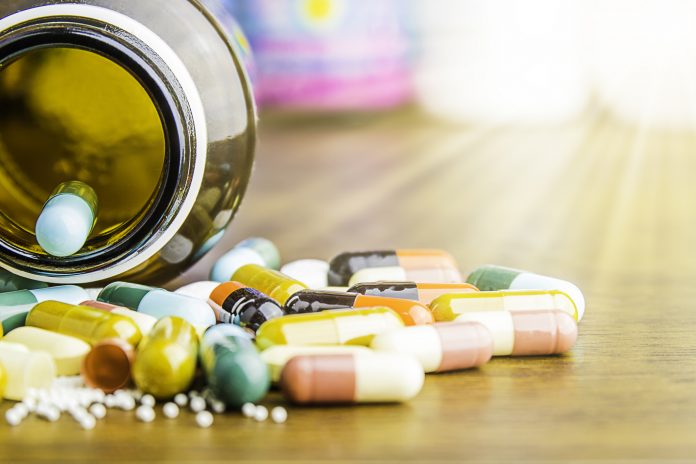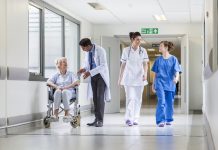The NHS will test the world’s first ‘subscription’ style payment model to incentivise pharmaceutical companies to develop new drugs for resistant infections
The new trial will be led by the National Institute for Health and Care Excellence (NICE) and NHS England and NHS Improvement. It will test a ‘subscription’ style model that pays pharmaceutical companies upfront for access to drugs based on their usefulness to the NHS.
This will make it more attractive for companies to invest the estimated £1 billion it costs to develop a new drug, as they can be reassured they will still be paid for the drug even though it may be stored for reserves.
Currently, drugs companies are paid by volume of antibiotics sold, while the NHS is trying to reduce their use to prevent antimicrobial resistance (AMR). Low returns on investment in development mean industry is reluctant to invest in the research and clinical trials necessary to bring new antibiotics to market.
NICE and NHS England and NHS Improvement are calling for companies to identify products to be considered for the initial phase of the test.
The work will be evaluated from the start and findings will be shared with the rest of the world so that other healthcare systems can test similar models.
Antibiotics have started to fail, with resistant bacteria already causing more than 700,000 deaths globally every year, making it vital that antibiotics are used only when needed.
Today’s announcements follows the government’s 2040 AMR vision and 5-year national action plan, published in January, and the appointment of Professor Dame Sally Davies as the first UK Special Envoy on AMR.
The latest phase of the ‘Keep Antibiotics Working Campaign’ will launch at the beginning of coughs and colds season this October to help reduce inappropriate use of antibiotics.
Health and Social Care Secretary, Matt Hancock, said:
“There is no greater threat to global health than drug-resistant infections, yet there have been no major new antibiotic drug classes discovered since the 1980s.
“Imagine a world in which a papercut can lead to infection that can’t be controlled. We must stop that from happening. Tackling superbugs needs global leadership and peoples’ lives depend on us finding a new way forward.
“Our NHS is in a unique position to take a global lead in testing new payment models. We will take the lead but this is a global problem and we cannot succeed alone.
“I am proud the UK is taking the first steps towards a solution and I am urging the rest of the world to join us in the fight against superbugs.”
Health Minister Nicola Blackwood said:
“Having a full pipeline of antimicrobials is critical in our efforts to address AMR, but currently not enough pharmaceutical companies are investing in the development of new drugs.
“This project is an important step but it will only address global market failure if other countries do the same, which is why we want to involve as many countries as we can and share our learning from this work.
“Today we are sending a strong signal to the rest of the world that there are workable models to stimulate investment in these vital medicines and that together we can tackle AMR.”











